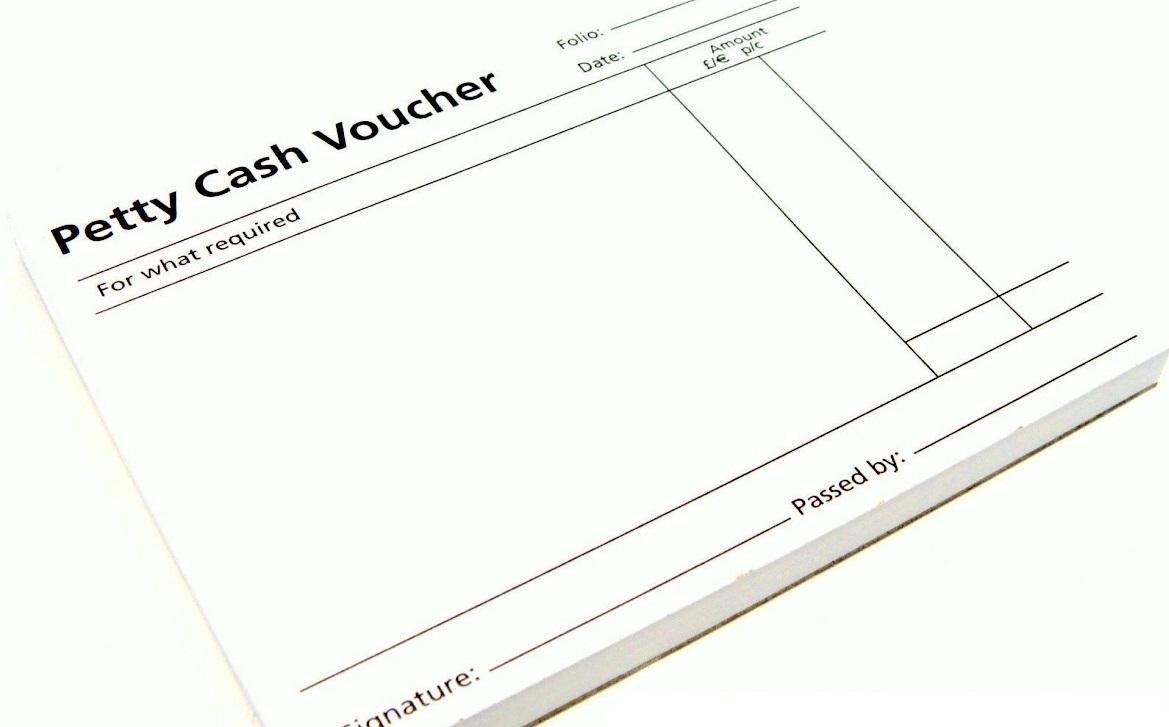Nowadays, the most convenient way to do business is through electronic transactions. This makes the business owners focus on this aspect. What they don’t realize is that they are losing insight in taking care of the day-to-day operation. It’s not all the time electronic transactions are applicable. There are small transactions in which paying through checks, debit cards, or credit cards is impractical. For instance, fees for parking, taxi fare, reimbursing an employee, or cost of photocopying.
Petty Cash is a small amount of cash on hand that is used for paying small expenses during day-to-day operations. It’s a misconception to think that this insignificant amount won’t affect your business. Do you realize how much it would take if you add up all these small expenses or the possibility of fraud acts being committed through these?
To prevent petty cash fraud, the following internal control procedures for petty cash should be in place:

- There should be a segregation of duties in disbursing and approving the petty cash fund. It is important that the person who approves petty cash is not the petty cash custodian to avoid incompatible duties.
- Petty cash is strictly for business-related expenses.
- Proper documentation is needed. A Petty Cash Voucher (PCV) should be used for each payment signed by an authorized officer. The PCV should be pre-numbered and in chronological order.
- PCV should include the following:
- Name of payee
- Date of disbursement
- Purpose of disbursement
- Amount of disbursement
- Signature of the payee, approving officer, and the custodian
- Receipts of the expense
- PCV should include the following:
- All transactions should be recorded in the petty cash journal at the time it has occurred. This would facilitate reconciliation and would also enable the custodian to see the outstanding balance of cash on hand right after each payment. These transactions should be accompanied by supporting documents.
- Keep it in a locked petty cash box.
- Reconcile the petty cash fund by examining the amount of cash and receipts with the corresponding PCV. The total of these two should match the established petty cash fund recorded in the books. In case discrepancies occur, perform a thorough investigation to account for them for instance, looking for missing receipts and undocumented transactions. If a fraudulent act is confirmed, seek the help of your independent bookkeeper help to address this issue and strengthen your internal control.
If you need help in handling your petty cash, as well as getting powerful financial insights, help in achieving diligent tax compliance, and help in achieving healthy cash flow, contact us today at admin@fas-accountingsolutions.com or 713-855-8035.





